A Tough Topic You Can’t Afford to Overlook

More than 25 years ago, my former mother-in-law died at 52 of breast cancer. She was an amazing woman: smart, accomplished, kind, generous, and a dedicated daughter, sister and mother. Her quick decline after a breast cancer diagnosis shocked all of us, including her. She was a lawyer who ran her family business and was newly married. In the year before her diagnosis, she seemed to have transitioned through past challenges into a life she was excited about and grateful for.
Unfortunately, when she got sick, she did not make sure her estate plans were in order. Her daughter was getting married, we all hoped and prayed she would make a full recovery, and she was understandably focused on so many other things. However, her will, including a prenuptial agreement, was destroyed in a fire that happened at the office, and she hadn’t gotten to recreating or organizing the information her family would later need.
As a result, when she passed away, our grief was compounded by the reality of a long list of logistical challenges and hurdles that took years and a ridiculous amount of money to resolve. We know it’s not what she would have wanted.
How does this situation apply to divorce?
We learned the hard way that everyone needs an estate plan. And life transitions, such as divorce, illness, or marriage, present an opportunity to revisit or create your plan. I know it can feel stressful, but if you don’t put the time and effort into deciding what will happen to your assets, you risk losing money to taxes, and most importantly, your family is forced to hope and guess about what you wanted, instead of implementing your wishes. It can add unnecessary stress and confusion to a difficult situation and complicate your family’s grief.
When you make an estate plan, you designate beneficiaries (often choosing someone other than your former spouse for things like life insurance and your 401(k)), divide assets and belongings, set up important healthcare directives, and if needed, designate someone to be a caretaker for your children.
Here are other important steps to consider:
- Compile a list of your investments, bank accounts, insurance policies, etc. You had to gather all this information for your sworn financial statements, so keep it updated, along with account numbers and passwords. Include how to get into your phone and computer.
- Choose a trusted friend or family member and tell them where the list is. I printed my list and put it in a file labeled “Emergency,” and my adult kids know where to find it.
- If your signed will is in your safe deposit box make sure someone other than yourself is authorized to access that box, and that they know where the key is, otherwise legal action will be needed to access the box. Consider putting your signed copy in a fireproof safe in your home instead.
I know this is a difficult topic that most of us would rather avoid, which is probably why only 33 percent of U.S. adults have a will, despite the fact that most people think it’s important. If you’re struggling to take the necessary steps to get this started, can you look at this effort not as a burden to you, but as a gift to those you love? I didn’t love the idea of doing all this either, but once I dug in, I found myself surprisingly relieved to have everything organized the way I wanted.
This week’s question addresses this issue, and I asked Sara Bastani, an Estate Planning Attorney, to answer the question with specific information to help you take next steps.
I know this topic is tough, but as I often say, you’ve done other hard things, too, and you can do this. I promise, the outcomes are well worth the effort.
